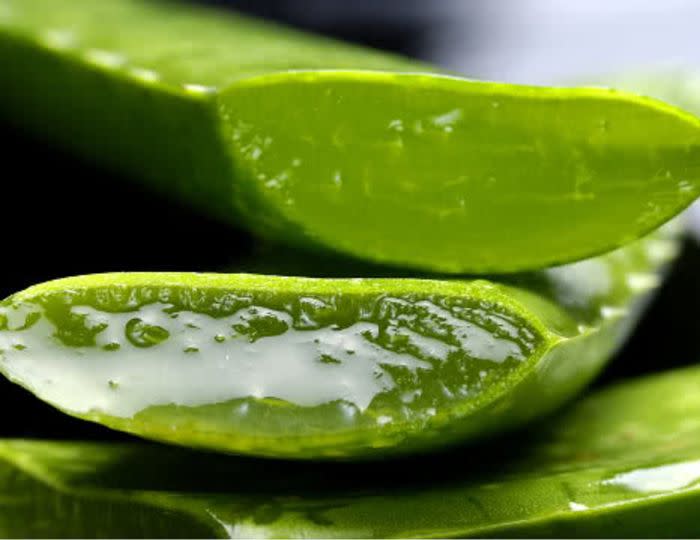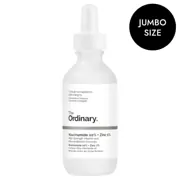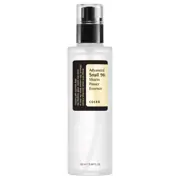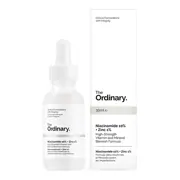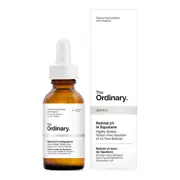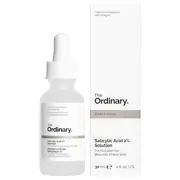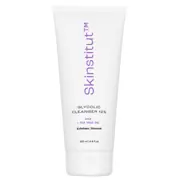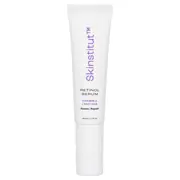Chicken pox scars are notoriously difficult to fade, but a handful of home remedies, over-the-counter treatments, and clinical procedures can minimise the appearance of these marks.
You might not remember the week or so you spent endlessly scratching chicken pox, but your skin does. The lesions associated with this common childhood virus inevitably heal, but they may leave pockmarks. Scarring is more likely if you scratched or picked at your chicken pox, or if you had a severe case that damaged the outer layer of skin.
Findings on the effectiveness of various scar treatments is decidedly mixed, and what works for one person might not work for another. Still, there are a number of treatments to consider trying on your chicken pox scars.

Over-the-Counter Remedies
A handful of over-the-counter remedies may fight chicken pox scars. Before trying a scar cream, be sure the wounds are completely healed, and take steps to keep your skin healthy. Moist skin is less vulnerable to scarring.
Some ingredients that may reduce scarring include:
Rosehip oil, such as KORA Organics Noni Glow Face Oil
Retinol, which can speed healing and promote the growth of healthy new cells. We recommend the amazing Dermalogica Overnight Retinol Repair. This antioxidant formula makes your skin more sensitive to the sun, so invest in a good sunscreen.
Exfoliants such as lactic and glycolic acid, which remove dead skin and promote healthy cell growth. Try SkinCeuticals LHA Cleansing Gel
Vitamin E, which moisturises to improve the appearance of dry, damaged skin surrounding scars. Vitamin E won't directly attack chicken pox scars, but it may minimise their severity.


